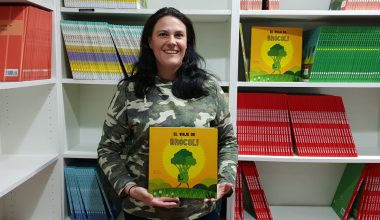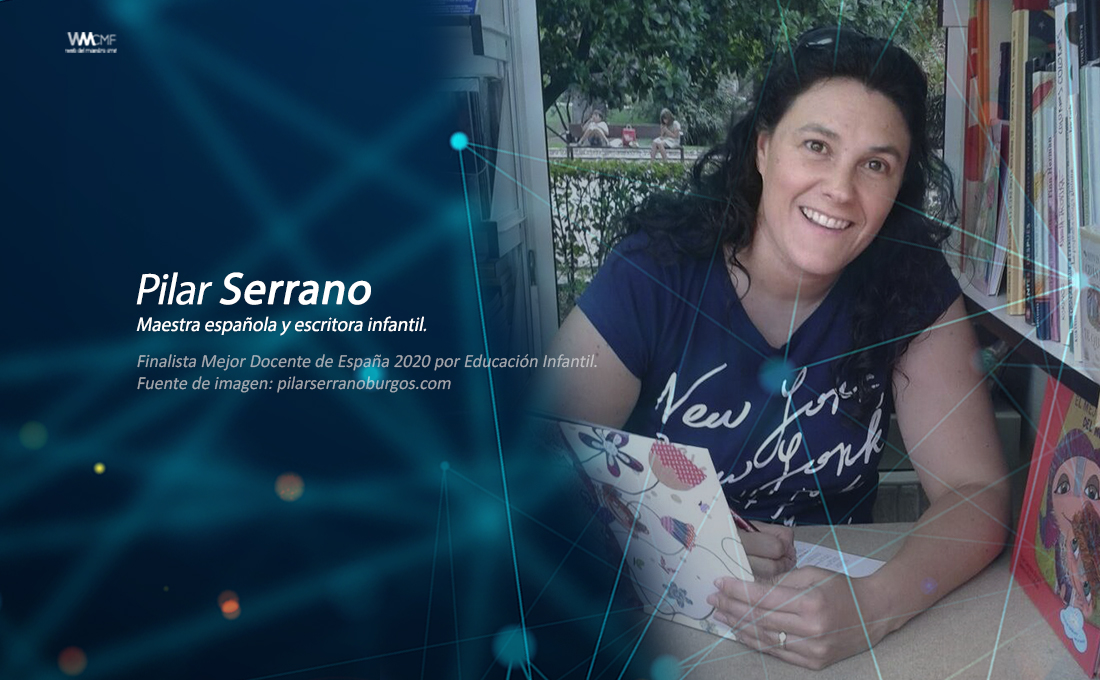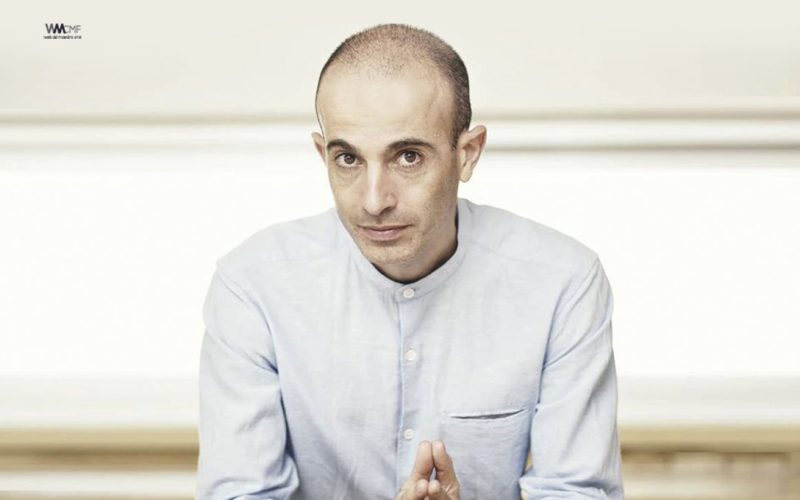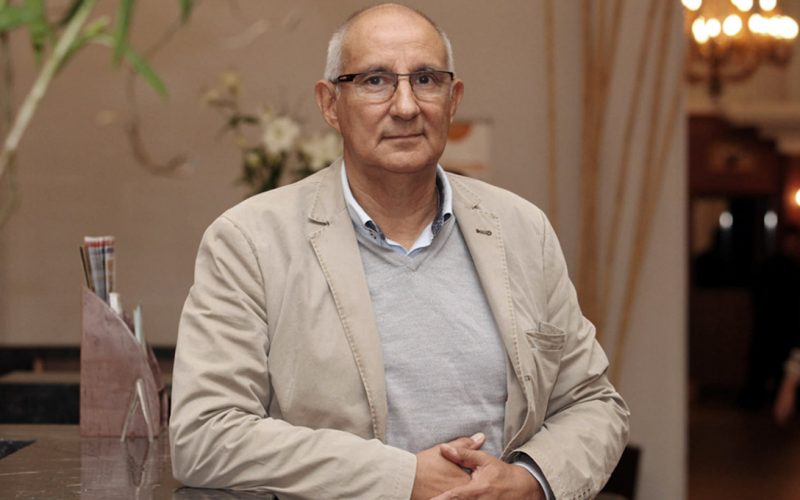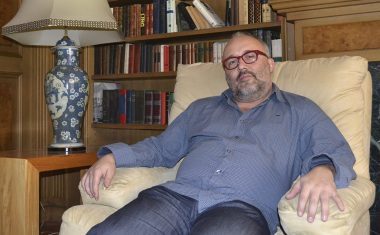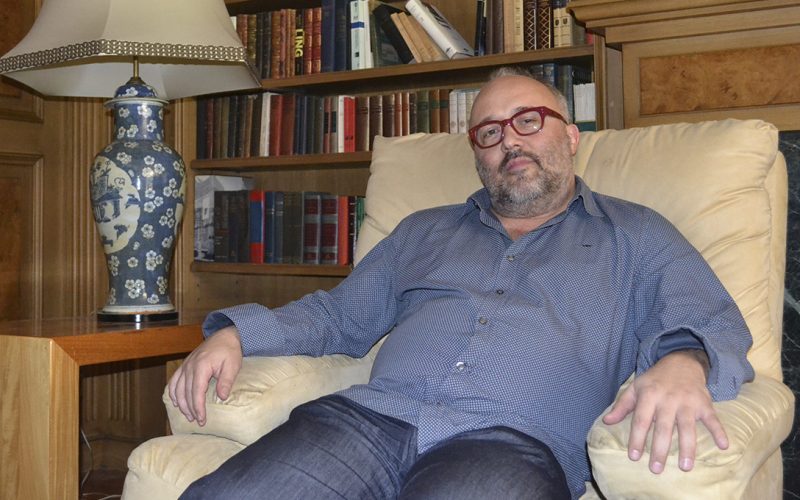By Pilar Serrano Burgos. 3-year-old group tutor at CEIP Teresa Berganza de Boadilla del Monte (Madrid). Finalist Best Teacher in Spain 2020 for Early Childhood Education.
Every year we see how the final days of kindergarten turn into a pressure for children learning to read and write. «They have to go to 1st grade doing it,» some say, «if they don’t, they will always drag it along,» others add. There is a lot of prejudice caused by such comments.
I understand this coming from parents, after all, they are not teachers. But it is blunt to hear teachers say things like that and even more so if they are referring to toddlers. In doing so, they show absolute ignorance about what their educational stage is.
And in the name of this, real atrocities are committed which I think we should all be aware of in order to make it stop. Having children practice to draw letter spellings without any significance from the age of 3, or making them write without lifting the pencil from the paper when they are 5 years old in order to make lowercase linked letters, or having them erase the letters from the paper to their boredom because their writing is too big. When that happens, they forget that the function of language is Communication.
To begin with, Early Childhood Education is not even a mandatory educational stage in our country, therefore a student who comes from home without even having picked up a pencil in his life, could attend 1st grade.
Continuing from here, the law says that reading and writing is a goal that should be achieved by second graders. Well, I believe that the controversy arises with one of the objectives in the Royal Decree that establishes that the minimum learning level on the second cycle of Early Childhood Education is: «Getting started in writing and reading«, which everyone interprets in their own way.
It is some people’s understanding that children have to finish reading and writing in a pattern and with linked letters, «therefore it is not as difficult for them in primary education» they say. This is also advertised a lot in some educational centers: «Here, children graduate kindergarten reading and writing.» When I hear that I think: «Well, poor kids, they have missed out on so many wonderful things.”
Other people, including me, understand that children have to discover language as something useful (communication), good (it is beneficial) and beautiful (being able to express ourselves and understand our surrounding is beautiful). And with that feeling, encourage them to get closer to knowledge. If you trigger curiosity, they will turn it into a need.
Interesting enough, this very same decree reads things such as: «Approach to literature and dramatization of literary texts.» But that doesn’t seem to be anyone’s concern. There are classrooms where teachers never read to children nor have them participate in role-play.
So, is the System failing? Well, no. Honestly and concerning this specific topic (which would be a long and extensive debate), we are failing as teachers. I do not know why we continue to overrate writing and reading and completely forget about many other things that are expected from us.
The problem is that while some of us in Kindergarten are clear about how children get to Primary School, some other Primary teachers insist on treating everyone the same: they put a book in front of every child, same book for all, with a pattern, calligraphy and tiny spaces. It is what they have available and never even consider doing things differently.
Then, the transition from Kindergarten to Primary school becomes a sudden break where the child is no longer him or herself with their own features and needs in order to turn into just another child. It just seems that we all have to be the same and achieve the same things at the same time. And remarking that the only important thing is reading and writing: and let everything else be conditioned by that.
The key is respect. Respect the path that each child walks through: their pace, interests, characteristics and needs. If they are still unable to reduce the size of the font, let them experiment on a blank sheet of paper until they make it smaller. If they feel comfortable writing in capital letters, they are able to produce, they communicate and they enjoy doing it, let’s not force them to write using lowercase and tiny patterns.
Children like challenges, they strive every day to do new and better things. It’s like when they tell you in kindergarten: «I can hop on one leg, teacher!». And after a few weeks: «I can jump three steps!» And they say it with extreme pride. Because they realize they have the ability and they test it: they train by playing. Not because anyone imposes it. The same thing happens with reading and writing. There are children who are simply not ready for it yet, and if they are forced, we will only make them hate it, resent it or do it unwillingly.
For that reason, we must be teachers of diversities and not of majorities, because I attend different realities in my classroom, not to what majority do.
We are unique and unrepeatable, diversity is wonderful. Let’s respect it.
This content has been originally published by El Recreo Diario (School, educational and cultural newspaper) at the following address: elrecreodiario.es
Original translation by Carla Zapata.
WEB DEL MAESTRO CMF
